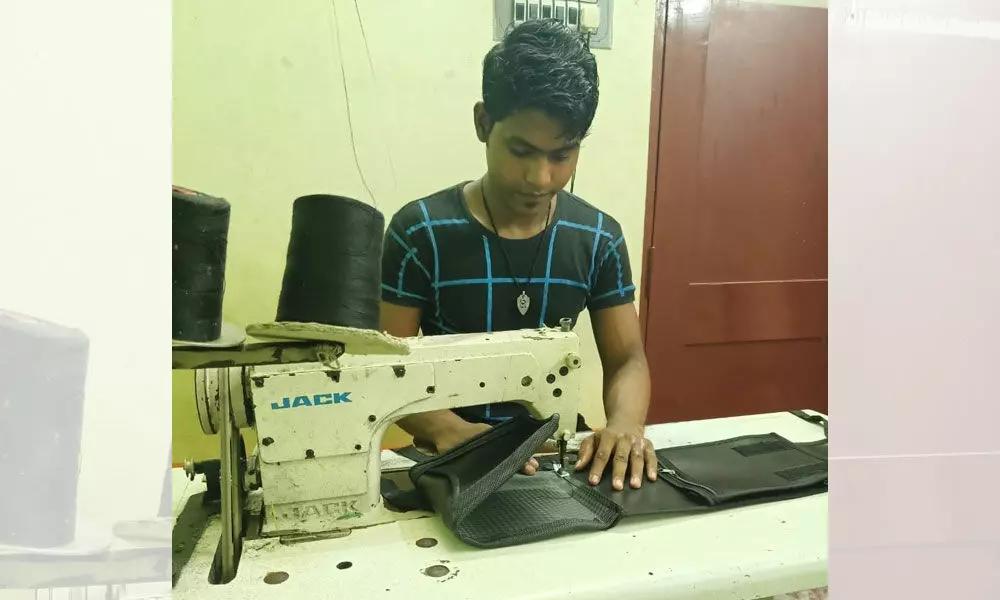Live
- Tragic Loss for Beejady Village: Lance Havaldar Anoop Poojary Among Five Soldiers Killed in Poonch Accident
- Mass Rally Organized by BJP in Hyderabad on Atal Bihari Vajpayee's Centenary Celebration
- J&K: With over 25,000 houses built under PMAY, Doda ranks second in Jammu region
- Celta Vigo extend all-time club top-scorer Iago Aspas’ contract till 2026
- BGT: Kaif gives preference to Jaiswal-Rahul opening pair for Boxing Day Test against Australia
- Odisha CM Majhi, Naveen Patnaik extend Christmas greetings
- Icebreaker Keyboard: AluminIum Design Costing as Much as a MacBook Pro
- ‘Rifle Club’ Movie Review: A Stylish Thriller That Falls Short in Storytelling
- Chennai to Experience Heavy Rain as Severe Low-Pressure System Approaches Coastal Areas
- Pradeep’s ‘Akkada Ammayi Ikkada Abbayi’ hypes up with energetic new song









